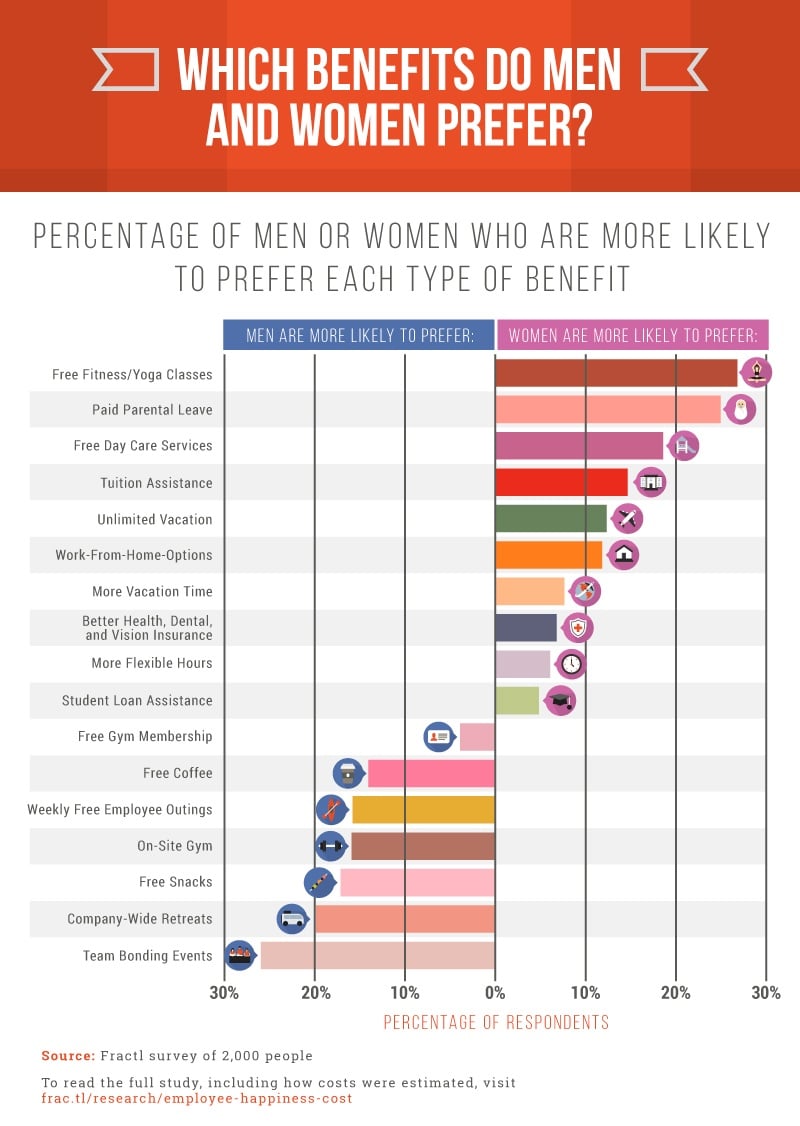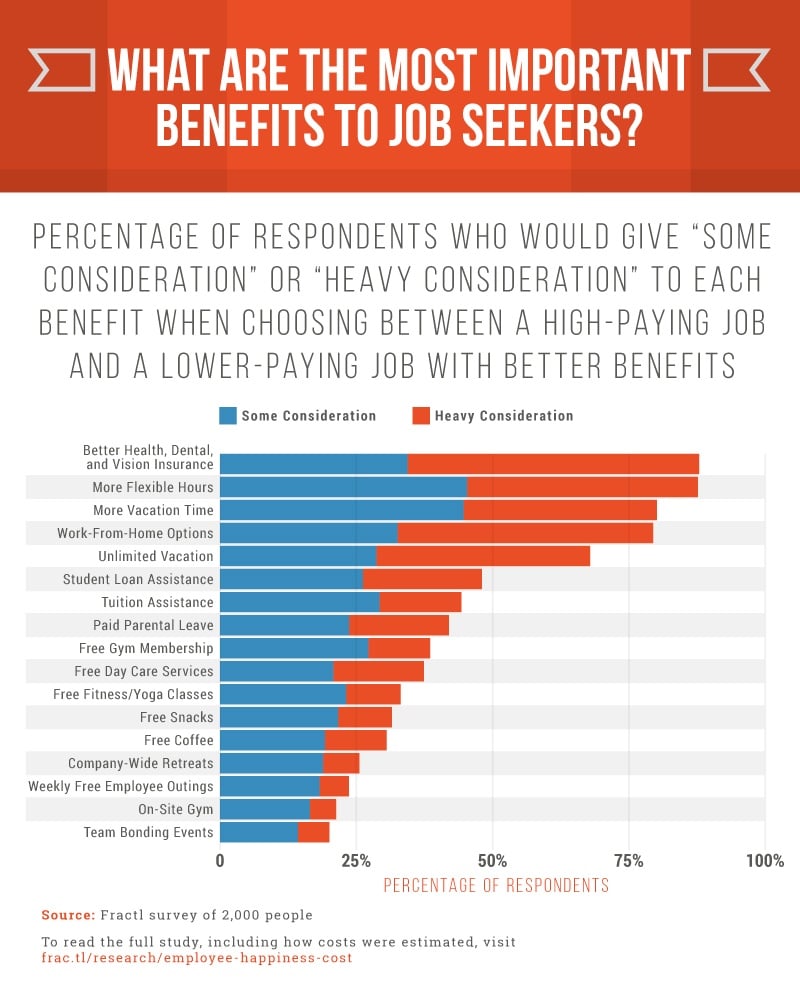How Do Employees Rate the Perks?
In today’s competitive job market, employee perks are a crucial factor in attracting and retaining talent. Perks go beyond salary and offer employees a unique blend of benefits that contribute to their overall well-being and job satisfaction. This article will explore how employees rate company perks, what makes a great perk package, and how businesses like DUYTHIN.DIGITAL leverage perks to maintain a positive workplace culture.

What Are Employee Perks?
Employee perks are additional benefits provided to workers outside of their regular salary. These benefits are designed to improve the work-life balance of employees, enhance job satisfaction, and make the workplace more enjoyable. Common examples of perks include:
- Health and wellness programs
- Flexible work hours
- Paid time off
- Retirement plans
- Gym memberships
- Work-from-home options
These perks are highly valued because they contribute to a more balanced, fulfilling work experience. Employees who enjoy these benefits are likely to be more engaged, productive, and loyal to their employer.
Why Employee Perks Matter
Employee perks are not just “nice-to-haves” anymore—they play a significant role in employee engagement and retention. Here’s why perks are crucial for a successful company:
- Boosts Job Satisfaction: Perks such as extra vacation days or wellness programs show employees that their well-being is a priority for the company. This can lead to higher job satisfaction and a stronger sense of loyalty.
- Attracts Top Talent: In a competitive job market, a comprehensive perks package can differentiate one employer from another. Companies that offer attractive perks often stand out when attracting new talent.
- Improves Employee Health and Productivity: Wellness benefits, flexible hours, and mental health support contribute to healthier, happier employees, leading to greater productivity and creativity at work.

How Do Employees Rate the Perks?
Employees rate perks based on how useful they are in improving their quality of life and overall job satisfaction. Surveys and feedback platforms often provide insights into how perks are perceived by employees. In general, employees value perks that provide tangible benefits and enhance their well-being.
- Flexibility: Flexible work schedules and remote working options are highly rated by employees. The ability to control when and where they work leads to a better work-life balance.
- Health Benefits: Comprehensive health insurance, mental health support, and wellness programs are some of the most appreciated perks. Employees place a high value on benefits that contribute to their physical and mental health.
- Professional Development: Perks like training opportunities, mentorship programs, and educational stipends are also highly rated. Employees want to feel that their employer is investing in their growth and career development.
The Impact of Perks on Employee Retention
A great perks package can have a direct impact on employee retention. When employees feel valued and supported through perks, they are more likely to stay with the company long-term. According to recent studies, perks can reduce turnover rates by making employees feel appreciated and fostering a more positive work environment.
For example, companies that offer flexible working hours or the option to work remotely have seen higher levels of retention. These perks help employees manage personal responsibilities while still being productive at work.

What Makes a Great Employee Perk Package?
Not all employee perks are created equal. A great perks package is one that aligns with the needs and preferences of the workforce while contributing to the overall business goals. Here’s what makes a great perks package:
-
Comprehensive Health Coverage: Medical, dental, and vision insurance, as well as access to mental health resources, are highly valued. The ability to maintain good health without financial stress is one of the most appreciated perks by employees.
-
Work-Life Balance: Flexible working hours, the ability to work remotely, and generous paid time off (PTO) are essential for employees who want to balance their work and personal lives.
-
Financial Security: Retirement plans, stock options, and performance bonuses are perks that help employees plan for the future and feel financially secure.
-
Professional Development: Opportunities for growth and advancement, such as training, conferences, and education stipends, are key factors that employees look for. They want to know that their company is invested in their career progression.
-
Wellness Programs: Gym memberships, health screenings, wellness challenges, and mindfulness workshops help employees stay healthy and reduce stress, contributing to overall job satisfaction.
How DUYTHIN.DIGITAL Uses Perks to Enhance Workplace Culture
At DUYTHIN.DIGITAL, the company offers a range of perks designed to improve both employee well-being and job performance. By offering flexible working hours, remote work options, and training opportunities, the company ensures that its employees are equipped to succeed and thrive.
- Remote Work Flexibility: With the nature of the business being digital, employees have the freedom to work remotely, which greatly improves work-life balance.
- Professional Development: DUYTHIN.DIGITAL supports employees’ career growth by offering access to the latest automation tools for platforms like Facebook, Zalo, Telegram, and TikTok. Employees can stay up to date with industry trends and expand their skill sets.
- Health and Wellness: DUYTHIN.DIGITAL offers wellness programs to help employees manage stress, stay healthy, and improve their overall well-being. This includes mental health support and gym memberships.
Employee Perks in Different Industries
The value of certain perks can vary depending on the industry and the company’s specific goals. For instance, tech companies like DUYTHIN.DIGITAL often emphasize flexibility, innovation, and continuous learning, which are highly valued by employees in the tech industry.
In contrast, industries like finance may prioritize financial perks, such as retirement plans and bonuses. While flexible work might be important in every industry, the specific perks that resonate with employees can differ greatly from one sector to another.
FAQs About Employee Perks
Q: What are the most common employee perks?
A: The most common employee perks include health insurance, flexible work schedules, paid time off, retirement plans, and wellness programs. Many companies also offer professional development opportunities and remote work options.
Q: How do perks impact employee performance?
A: Employees who are offered meaningful perks feel more valued and appreciated, leading to increased job satisfaction, engagement, and productivity. A great perks package can also boost morale and encourage employees to contribute to the company’s success.
Q: Are employee perks a good investment for companies?
A: Yes, investing in employee perks is a smart strategy. It can lead to higher retention rates, lower turnover costs, and a more engaged workforce. Companies that offer competitive perks can attract top talent and foster a positive company culture.
Q: Can employees customize their perks?
A: Many companies now offer customizable perk packages, allowing employees to choose benefits that align with their personal needs. For example, some companies offer employees the option to select between different health plans or choose how much paid time off they want.
Conclusion
Employee perks are an integral part of creating a thriving workplace culture. They not only enhance job satisfaction and employee engagement but also improve retention rates and productivity. Companies like DUYTHIN.DIGITAL understand the importance of offering meaningful perks such as flexible work arrangements, health benefits, and professional development opportunities.
Investing in the right perks can make a significant difference in employee morale and business success. By prioritizing employee well-being and offering perks that support their personal and professional growth, companies can foster an environment of trust, collaboration, and innovation.